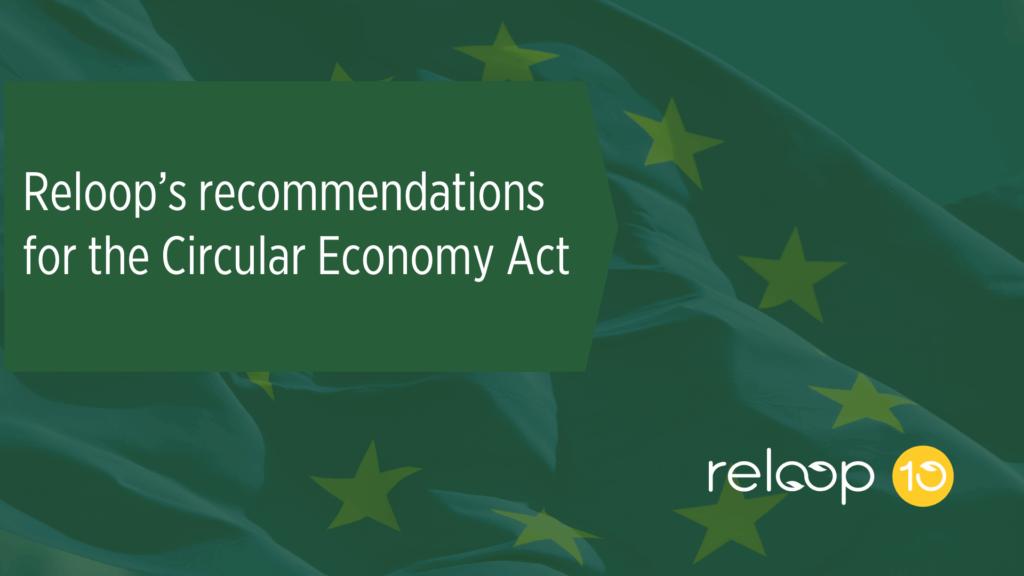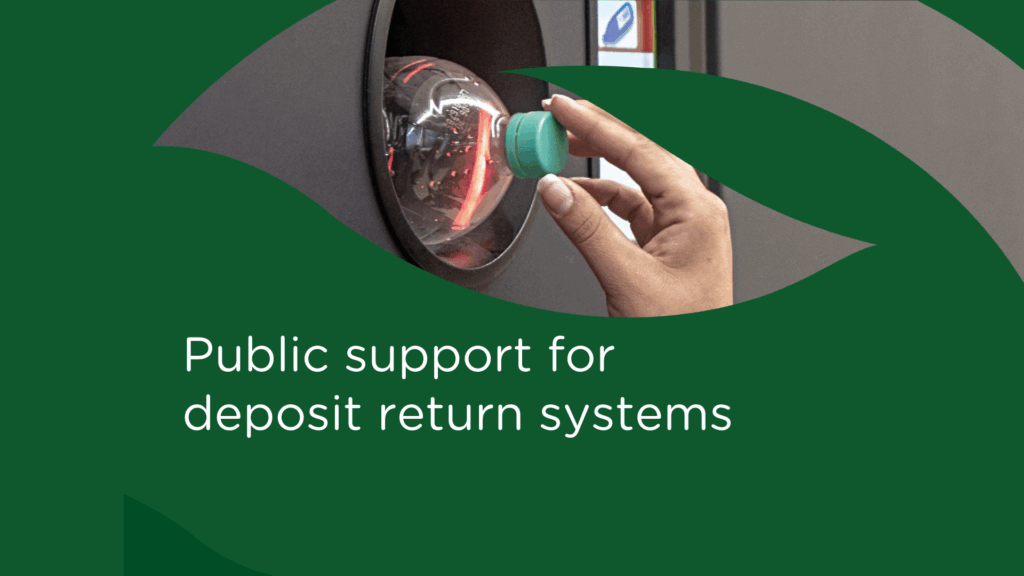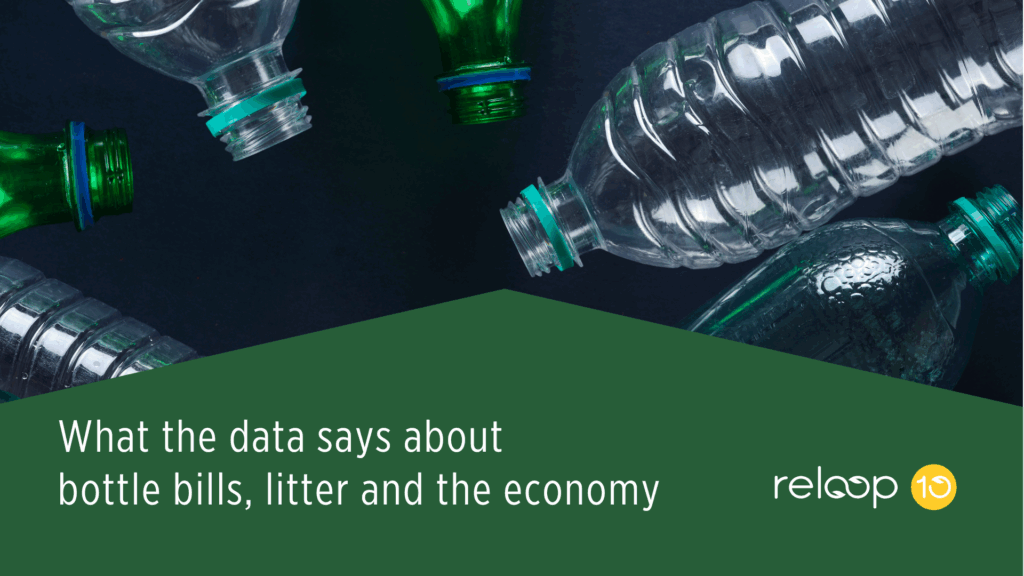
Jason Wilcox, Reloop’s Data & Dashboard Manager explains the goals of our two live dashboards—What We Waste (quantifying beverage container losses and the impact of DRS) and the Global Deposit Dashboard (a fast, comparable view of deposit system design and performance).






